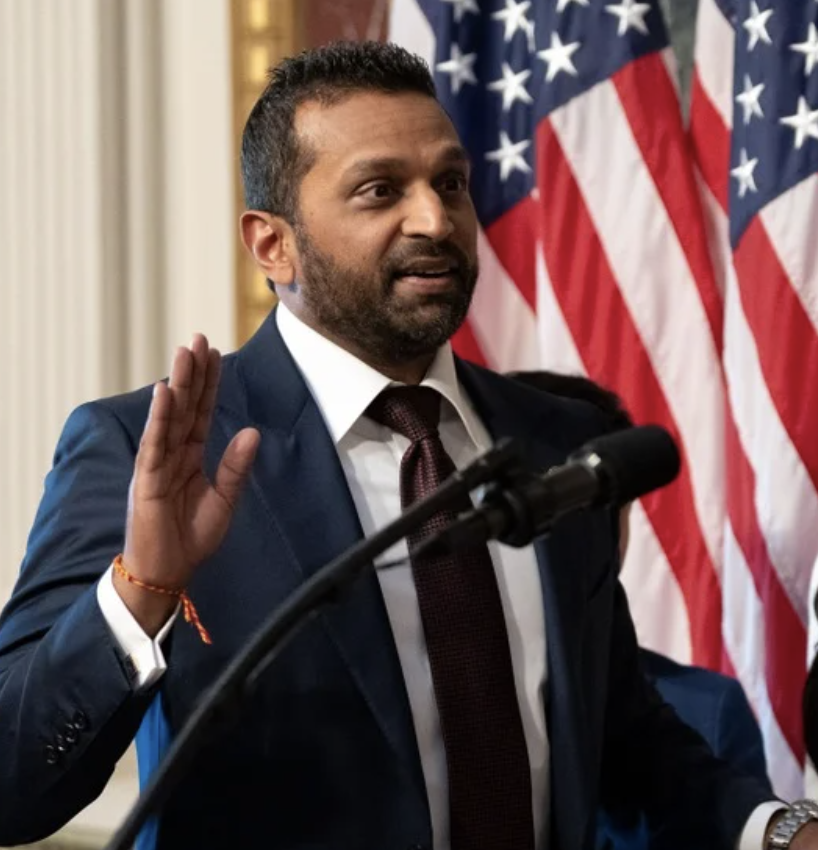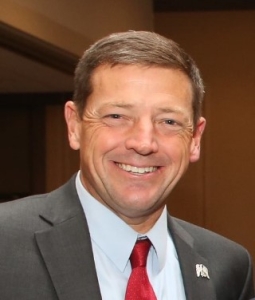 By Allan Lengel
ticklethewire.com
By Allan Lengel
ticklethewire.com
In March of 1997, after being on strike at the Detroit News for 19 months, I headed off to D.C. to work for the Washington Post.
Sure, D.C. was home to George W. Bush and Dick Cheney, but to me, just importantly, it was home to the legendary Mayor Marion Barry, the guy who had become fodder in the comedic stratosphere after being busted in 1990 in an FBI sting for smoking crack. Comic Chris Rock had a field day with Barry.
Barry’s death on Sunday at age 78 reminded me of the various encounters and dealings I had with him over the years while working at the Washington Post. Sometimes I had to track him down to get a quote for someone’s story or go to a community meeting where he was speaking ,or write about his encounters with the law.
He was a character, and a charismatic one at that, though it seemed in the latter years he had far less energy and zip and suffered from various ailments.
My first dealings with Barry came after I’d been at the paper a short time. Barry had publicly said he had turned over a new leaf and was loyal to his wife. He said he was no longer a stray cat on the prowl.
But some reporters at the paper were hearing differently, that he was still running around, and had at least a couple girlfriends on the side. They had names and addresses.
The Post editors wanted me to stake out the alleged girlfriends’ homes to show that Barry was lying. It smacked of the Gary Hart story the Miami Herald pursued in 1987 after Hart, who was running for president, denied rumors he was a womanizer. The Herald staked out a D.C. townhouse and found that Hart had spent the night with a woman named Donna Rice.
To be honest, I was a little uncomfortable snooping over something so tawdry. I didn’t like the Gary Hart story, and wasn’t too crazy about this one. But I was relatively new at one the nation’s top papers, and thought, well, if the Washington Post is doing this, it must be journalistically OK. Frankly, weeks and years later, I never felt good about it, and in hindsight, should have probably objected to taking part in the stakeout.
Nonetheless, one night I headed out to a stakeout on a street off of North Capitol, just blocks from Union Station. I sat about five houses down from the alleged girlfriend’s home. I remember sitting in the car, calling a friend back in Detroit and saying something like: “You’re not going to believe what they’ve got me doing.”
I thought, even if Barry showed up and went inside the house, short of him spending the night, what was I going to prove without peeking in the window to make sure he was getting naked? Other than that, for all I knew, he could have been going over there to watch a Seinfeld show marathon.
I sat there for a few hours. No Barry.
Another night I was sent out to an apartment parking lot in Southwest Washington. Again, no Barry. Eventually, before I took off, I asked a few people in the parking lot if they had ever seen Barry come around. They had not.
That was the end of that.
The next year, I was working on a story on the 40th anniversary of Ben’s Chili Bowl, a legendary hot dog joint on U Street in D.C. Barry was a regular, as were a lot of politicians, and he was particularly fond of the turkey burgers. While interviewing him, he gave me a very memorable line, which unfortunately was cut from the article because of space.
“Ben’s Chili Bowl is for everybody. It’s for people who go to Morehouse and people who got no house.”
I loved that line.
Eventually, a Control Board, similar to an emergency manager here in Michigan, stripped Barry of his powers. And in 1998, he decided not to run for mayor again. Four years later, the man was back. He announced he was running for city council.
“It’s great waking up in the morning clean and sober,” he said at the time.
But weeks later, I wrote a story, along with colleague Martin Weil, that U.S. Park Police had found traces of marijuana and cocaine in Barry’s car. Police had been trying to keep the story quiet.
What happened was police encountered Barry after responding to a call of a suspicious vehicle in a no-parking zone in an area of D.C. known as Buzzard Point. The officer saw Barry ingesting something and searched the car.
Authorities decided the amounts of illegal drugs were too small to support a prosecution.
Barry dropped out the council race shortly after.
But he wasn’t done.
In 2004, he ran and won a seat on city council. He remained as a council member until his death.
He was a complex man with an addictive personality. Life wasn’t so easy.
But it sure was interesting for him. And frankly, he made it interesting for a lot of other folks including journalists like me.
The Washington Post Editorial board on Sunday put it best:
Those people will mourn Marion Barry today, but they should not be alone. All in this city who knew him over his half-century here ought to mourn the great promise lost over the course of a life that conformed in many ways to the dictionary definition of ancient tragedy, and recall with admiration the man who helped knock down barriers that are almost unimaginable to those of a younger generation.




